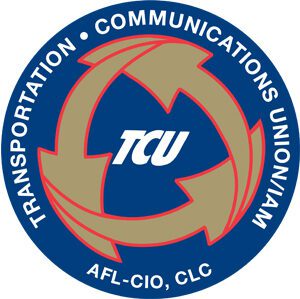The BNSF Railway Company (BNSF) has petitioned the Federal Railroad Administration (FRA) for a waiver of compliance from Federal railroad safety regulations with respect to transfer movements between BNSF’s Old South Yard and New South Yard in Houston, Texas. More specifically, BNSF proposes to conduct a Class III brake test in lieu of a transfer train brake test prior to making a transfer movement. BNSF first sought this relief in 2004, but the relief was denied by the FRA.
The Brotherhood Railway Carman (BRC) has filed comments opposing BNSF’s second petition for waiver because the requested relief will not ensure the same level of safety as provided by the current Federal regulations. In our comments, BRC followed several of the points noted by the FRA in its denial of BNSF’s previous attempt for relief. First, the movement of cars between the Old South Yard and the New South Yard constitutes a train movement, thereby requiring a transfer train brake test. Second, local FRA inspectors have always required the performance of an air brake test for these train movements and a transfer train brake test would be the most likely test to be expected. Finally, even though BNSF has a joint facilities agreement at the location with both the Union Pacific Railroad and the Houston Belt Terminal Railroad, neither of these carriers has put anything into the record supporting BNSF’s request.
“These train movements involve a substantial number of cars, many of which contain hazardous materials which run on a heavily traveled main line track that traverse both a navigable water way and a major state highway all within 1/4 mile of a major residential area,” says BRC General President Richard Johnson. “Such conditions necessitate that transfer train tests continue to be performed at this location in order to safeguard both railroad employees and the general public who work and live near the affected lines.”
Click here to read the BRC comments.

